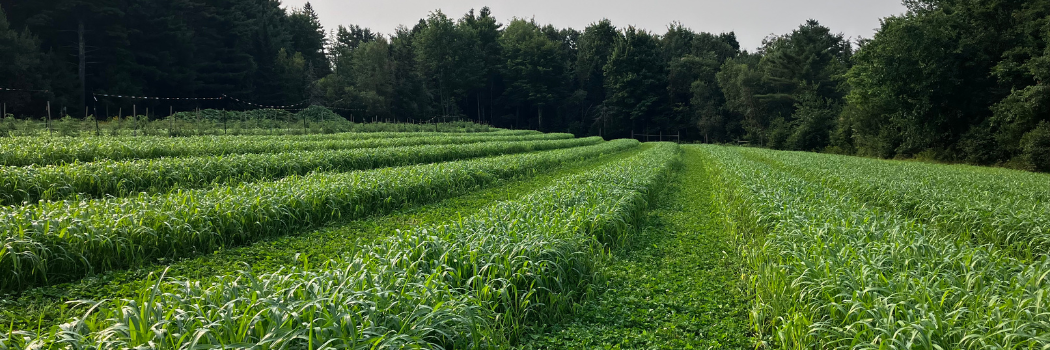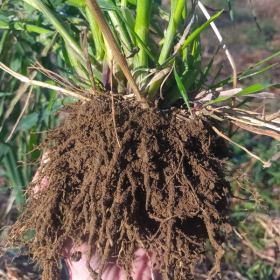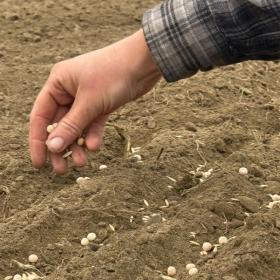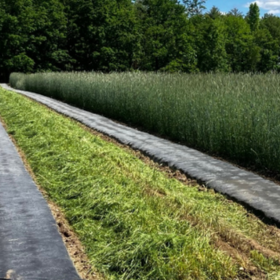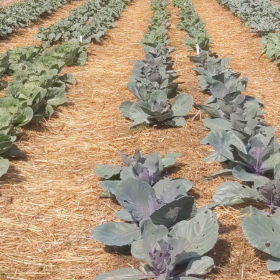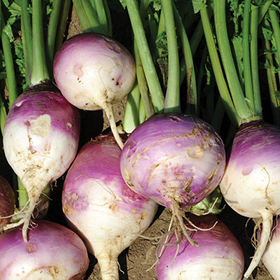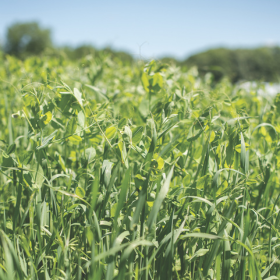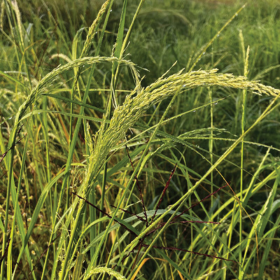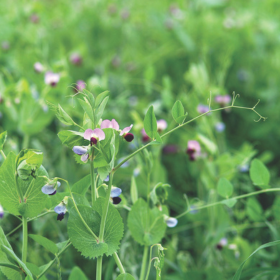Farm Seed & Cover Crop Library
We use cover crops and farm seed extensively on our Research Farm as part of our integrated pest management strategy, and to suppress weeds and build soil health. Here we share an accumulation of our trial data and expert information.
Climate Adaptation Cover Cropping Crop Resources Farmscaping Reference Documents Soil Health

New & Recently Revised
Climate Adaptation
- Climate Adaptation in Action • Webinar Resources
- Climate Adaptation for Vegetable & Flower Farmers • Webinar Resources
Cover Cropping
- Benefits of Grass–Legume Combinations • Article
- Choosing a Spring Cover Crop • Article
- Cover Crops Chart • Comparison Chart
- Cover Crop Decision-Making Tool • 5 Steps for Deciding What to Plant When & Where • Article
- Cover Planting for Home Gardens & Raised Beds • Article
- Cover Crops & Their Uses • PDF
- Cover Cropping for Field & Garden • Webinar Resources
- Garden Cover Crops & Green Manures • Webinar Resources
- Cover Crop Termination for Organic Growers • Article
- Top 10 Farm Seed Uses, Benefits & Recommended Applications • Charticle
- Winter Cover Crops • Article
Farmscaping and Integrated Pest Management (IPM)
- Intro to Farmscaping: Insectary, Trap, & Repellent Crops for Pest Management • Article
- Managing Pests With Ecological Farm Design • Webinar Resources
- The Pollinator Issue • Article
Reference Documents
Soil Health
- Implementing No-Till Farming Practices • Article
- Soil Health and Management Strategies • Webinar Resources
- Intro to Soil Health: The Amazing World Beneath Our Feet • Article


